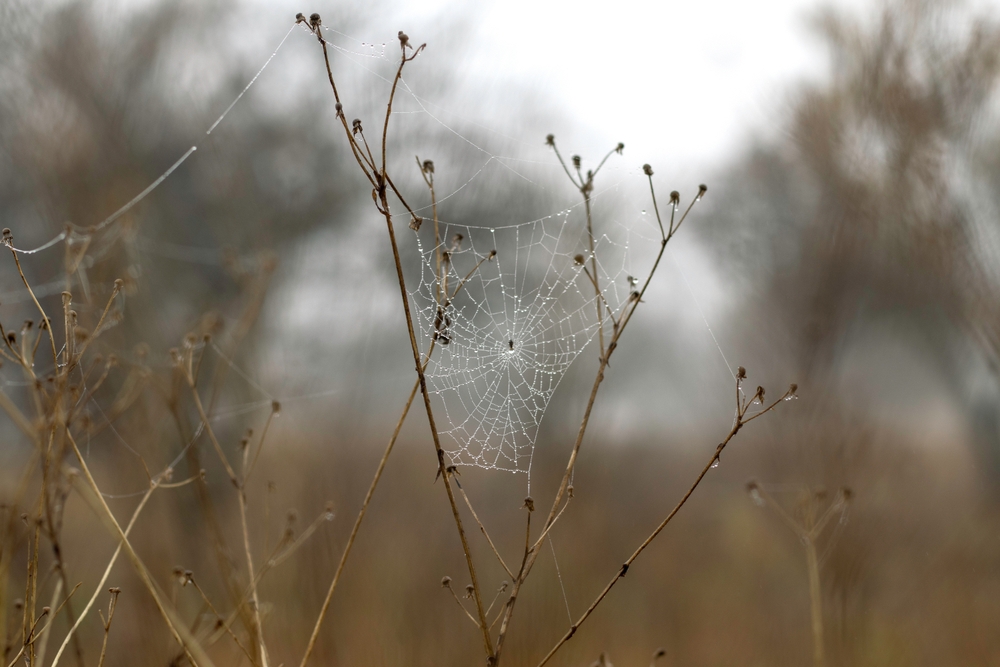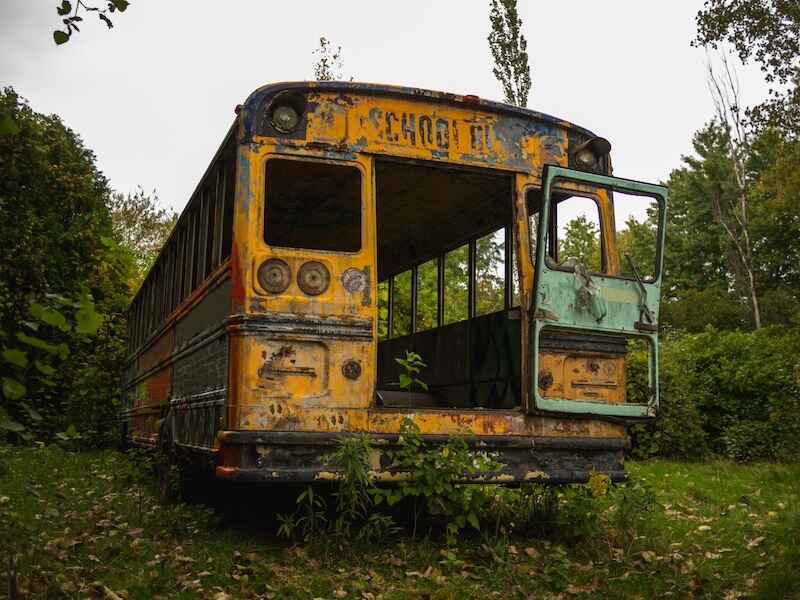This Crisis Proves the Government Should Be Our LAST Choice to Fix Anything
Joel Salatin|June 30, 2020

I was on a Zoom panel discussion last week to discuss current events. The moderator’s first question was “What should the definition of public health be?”
One panelist ventured forth with her answer: “Access and equity.”
When asked to define that, she was tongue-tied.
In the pregnant pause, I decided to weigh in with my typical hand grenade: “I don’t think public health is a government issue. The government has nothing to do with public health.”
Wow, that set things to blazing… especially since one of the panelists had a career at the Centers for Disease Control and Prevention (CDC), that font of pandemic protocols.
The ensuing discussion included pushback about protection. After all, somebody has to make a decision about how to protect people.
Goodness, were it not for the CDC, we’d all be flying blind, right?
We wouldn’t know the science… We wouldn’t be throwing billions at developing a magic vaccine.
We’d be a ship without a rudder.
The Last Choice
The response reflects the nearly universal assumption in our culture that we should look to the government to fix things.
This thinking emasculates the individual.
A government solution to anything should never be the first choice. It should be the last.
The notion that government officials are removed from society, that they operate in some sort of virtuous vacuum bringing untainted information to the peasants, couldn’t be further from reality.
Government officials, bodies, agencies and institutions spend a great deal of time deciding what is politically expedient, choosing how to message things, and conniving for power and prestige.
Before release, agency heads run their edicts and studies through a gauntlet of social and political examinations.
Just like you and I talk to friends and acquaintances to help make decisions, government officials bounce ideas off each other too. Most reasonable people understand that the real story never gets told. Whatever the narrative in the media, it’s a massaged message to protect the raw ambitions and agenda behind the action.
This is why America’s founders believed the government that governs least governs best.
This position espouses neither conspiracy nor anarchy. It is based in freedom to think, to do, to decide without coercion or condescension.
In modern America, it’s hard to imagine a federal government removed from most of the things it meddles in.
How would children learn anything were it not for the Department of Education?
How would people find apartments were it not for the Department of Housing?
How would we develop new sources of energy were it not for the Department of Energy?
And how would we know anything about properly responding to the pandemic were it not for the CDC?
Where’s the Faith?
The average American cannot conceive of a nation without federal leadership, expertise and tax dollars flowing into these societal needs. To question federal management and involvement is like demonizing motherhood or apple pie (baseball is now out of fashion).
But people are not helpless. People do care about all of these things.
Individuals, using their talents and passions, find ways to band together to solve problems.
Partnering for work and innovation happens without any governmental guidance.
Whether for profit or nonprofit, organizations form spontaneously to meet needs. Whether it’s a group that brings concerts to a community or vaccines to the world, people with shared interests come together.
To think that without the CDC we would be ignorant of the coronavirus, or that we couldn’t develop a vaccine, shows a profound lack of faith in human ingenuity.
Does anyone think nobody would be interested or informed about the pandemic were it not for the CDC? All sorts of news agencies would be scouring the world for information. Without passing through the focus groups at the CDC, said information would probably be more trustworthy.
The World Health Organization says masks are helpful only if you’re taking care of someone who is sick. Who has done any research indicating a handkerchief is as protective as a surgical mask? Who is making sure nobody touches or fiddles with their mask? Or disposes of it after each use? Or wipes the credit card machine? Or sanitizes the handrails on airport escalators?
Oh, we can’t ask these questions because the CDC holds a daily press conference. Common sense gets swallowed up in common narrative.
Perhaps if we didn’t have the CDC pontificating every day about a vaccine more folks would get serious about building their immune systems.
Maybe people wouldn’t go to McDonald’s… or drink Coca-Cola… or eat factory chicken at Chick-fil-A.
Maybe people would sleep more, drink more water and eat pasture-raised meats.
If we didn’t suppress individual creativity by relying on an official government narrative, maybe we’d see ingenuity sprout in our neighborhoods like we could never imagine.
Tyranny, not Leadership
The idea that a culture must have an official position on everything – coming from centralized command control officials and steering the people in a certain direction – smacks of tyranny, not leadership.
True leadership empowers normal people by releasing and encouraging their individual decisions. The moment government officials take the reins of public health, society moves away from spontaneous choices and freedom.
We the people are quite capable of responding to needs, thank you very much.
We’re capable of researching and collaborating. We might break up into different thought tribes… perhaps even different solution tribes. But involvement and innovation benefit from many tribes.
Herd think is never the best way to capture the full assortment of society’s ideas.
Let freedom ring.
Do you agree with Joel that public health is not a government issue? Let us know your thoughts here.

Joel Salatin
Joel Salatin calls himself a Christian libertarian environmentalist capitalist lunatic farmer. Others who like him call him the most famous farmer in the world, the high priest of the pasture, and the most eclectic thinker from Virginia since Thomas Jefferson. Those who don’t like him call him a bioterrorist, Typhoid Mary, a charlatan, and a starvation advocate. With a room full of debate trophies from high school and college days, 12 published books, and a thriving multigenerational family farm, he draws on a lifetime of food, farming and fantasy to entertain and inspire audiences around the world.



